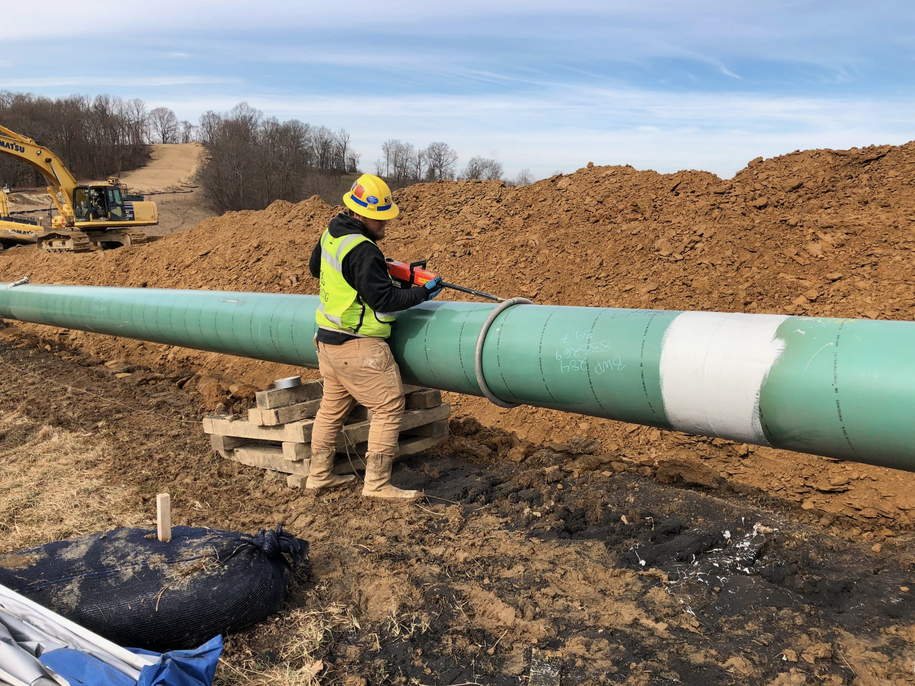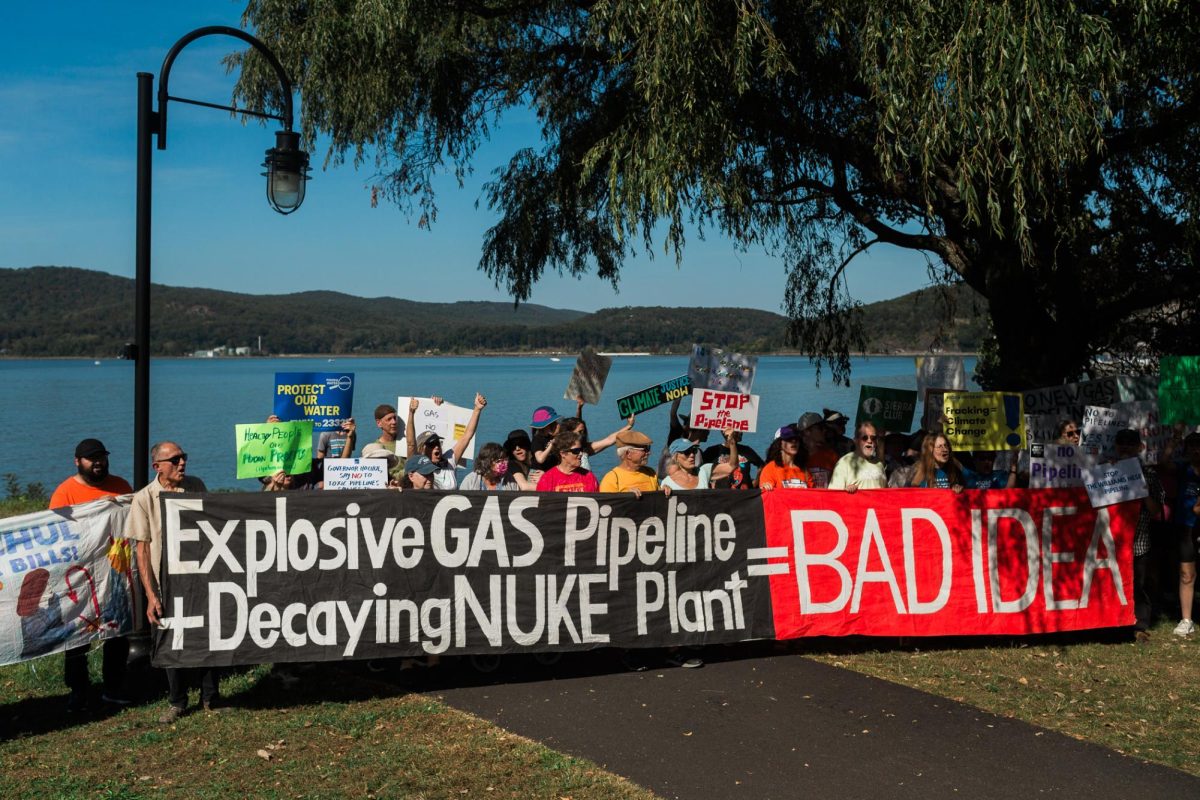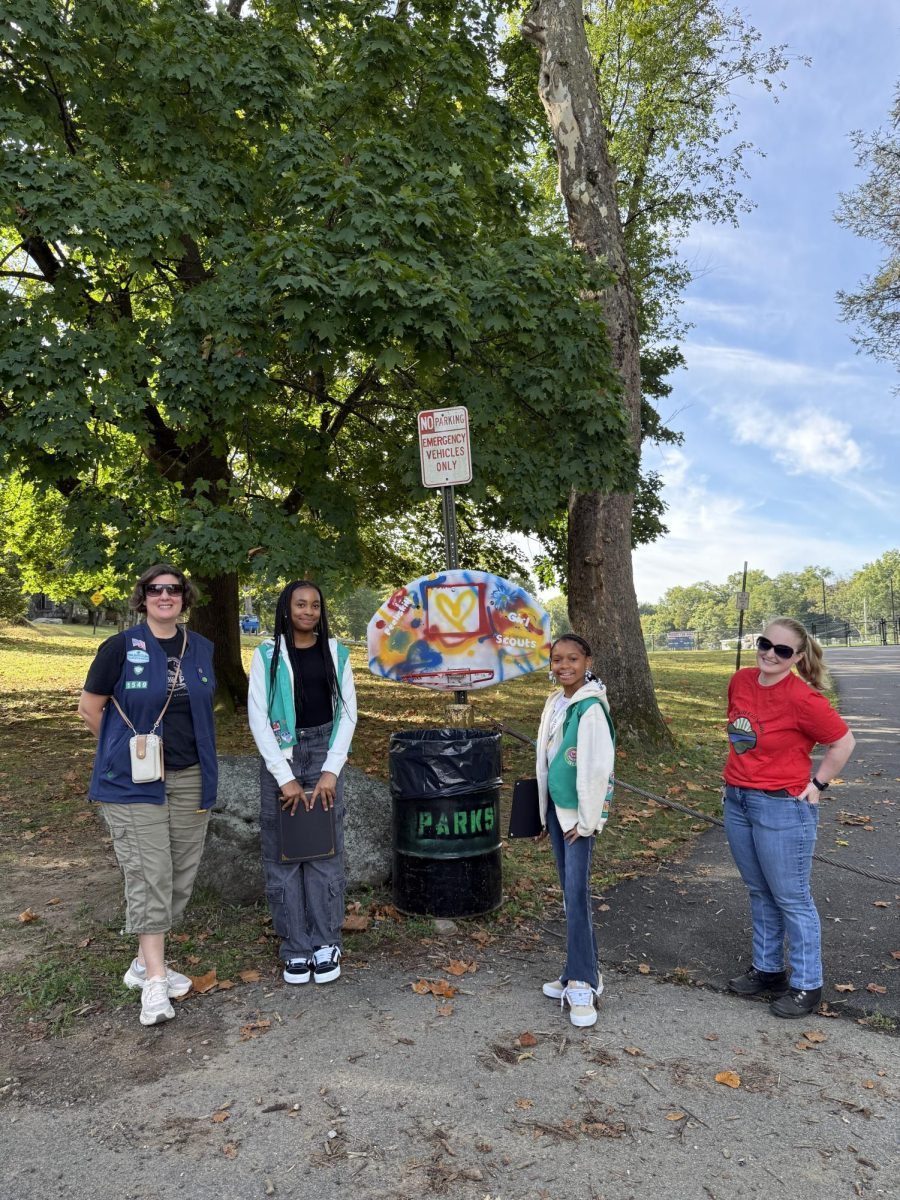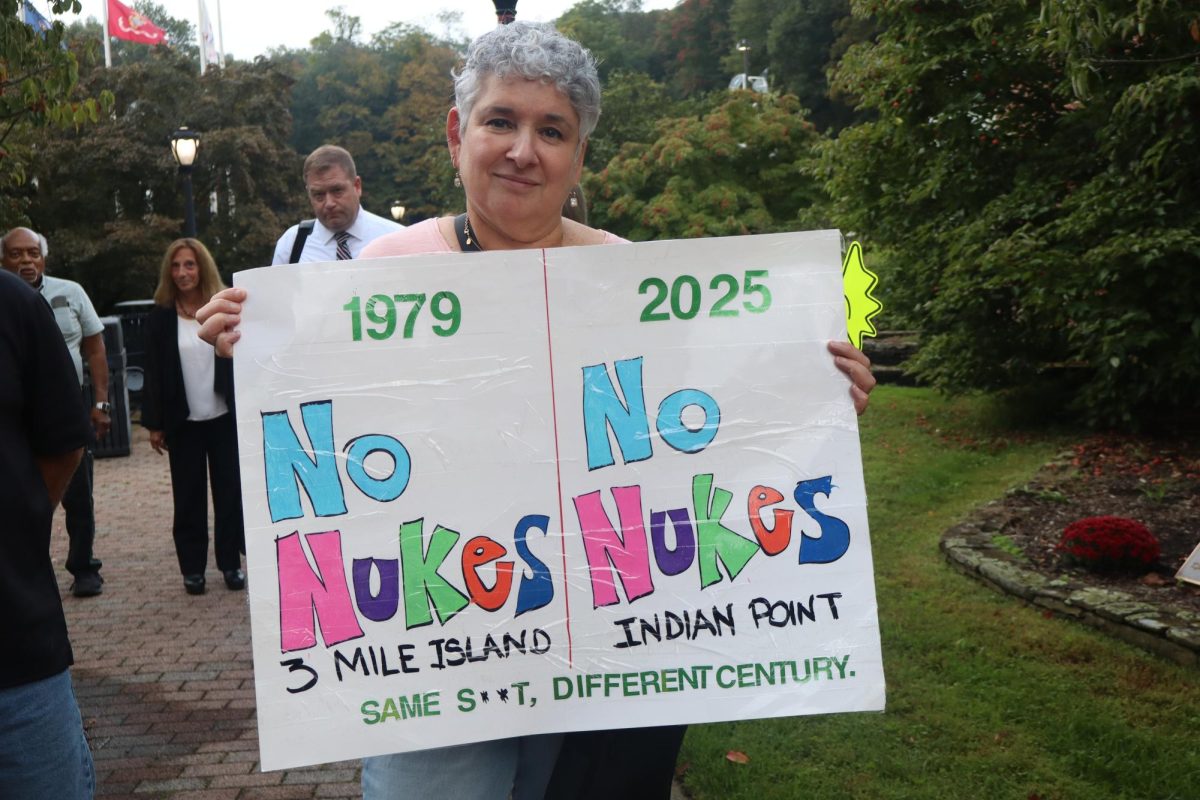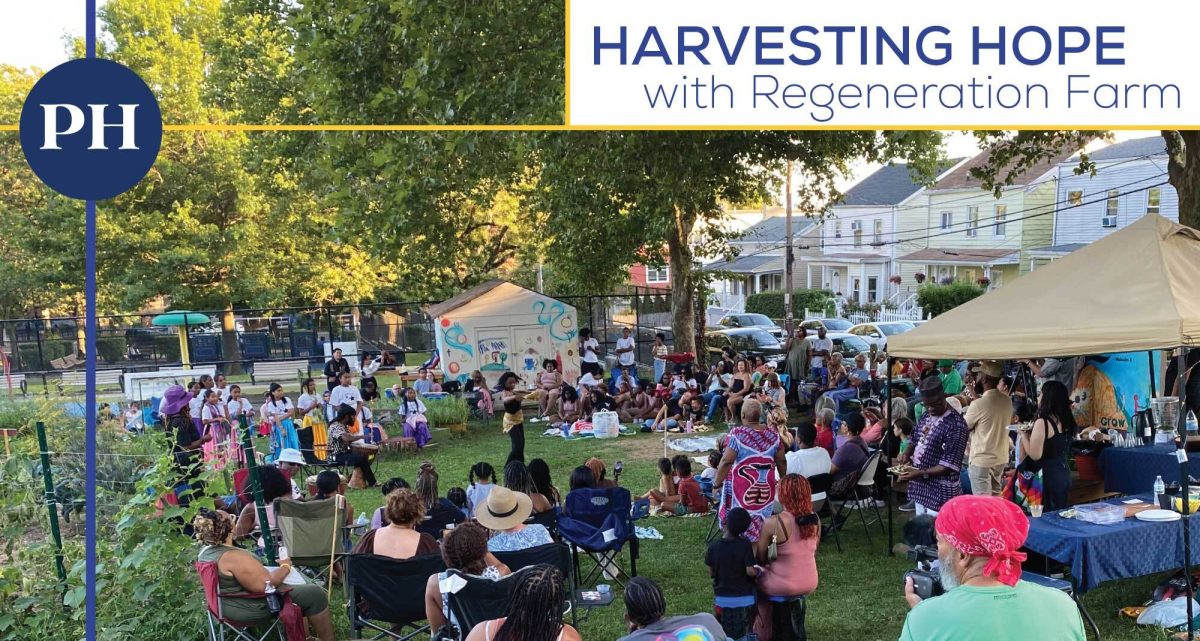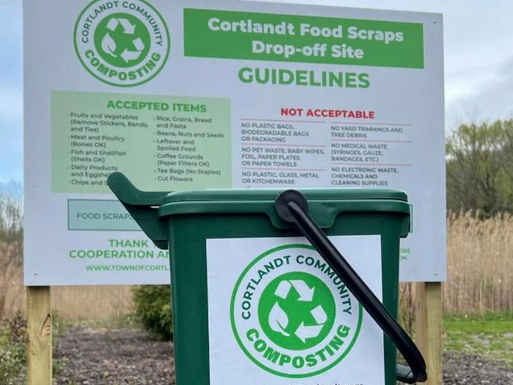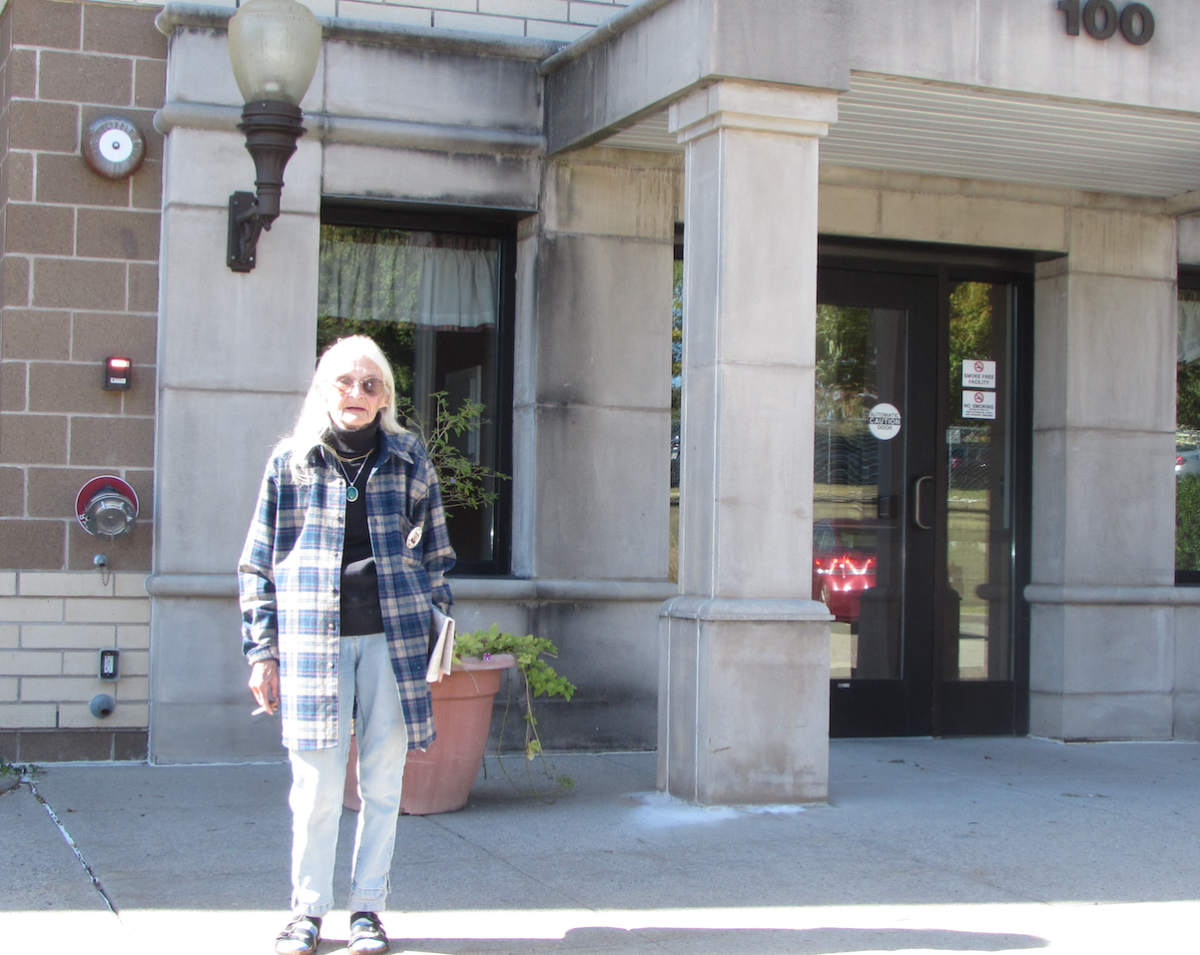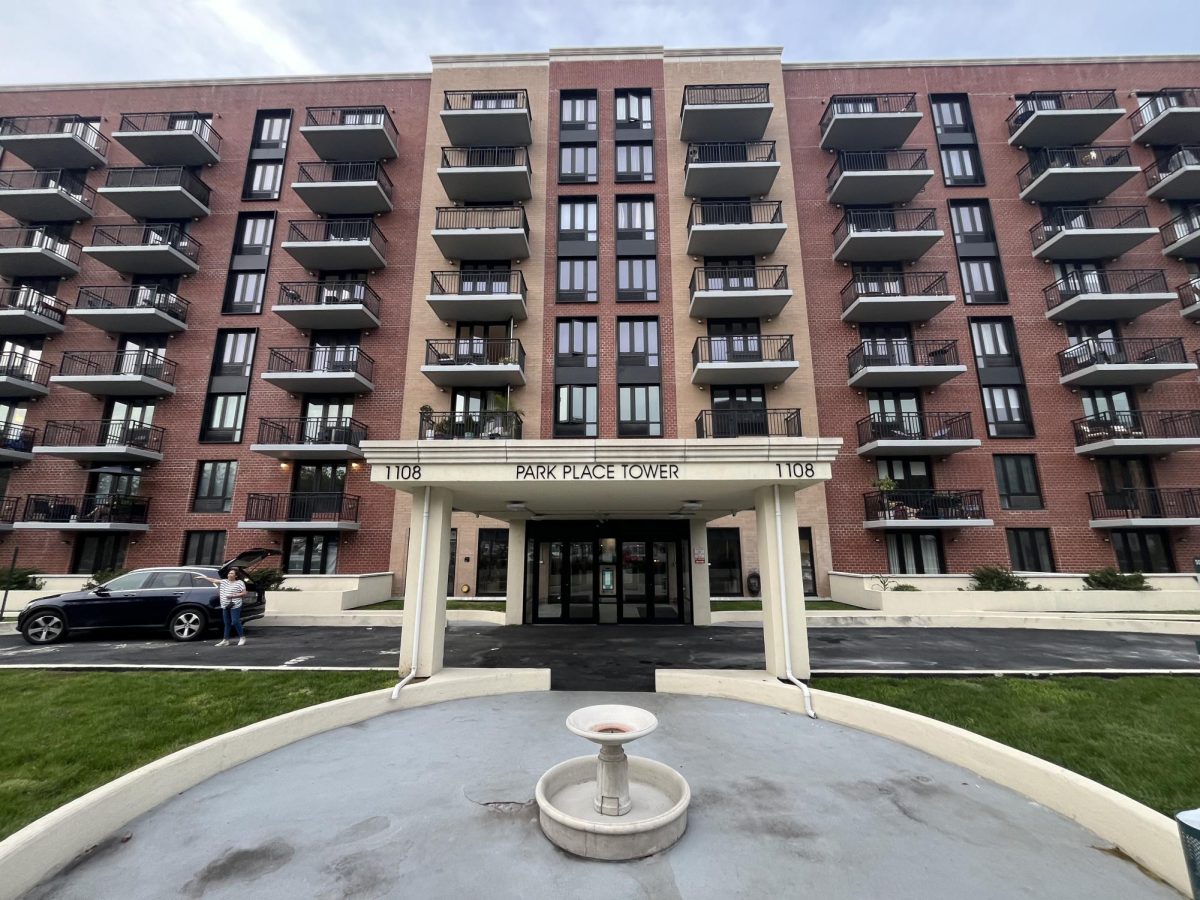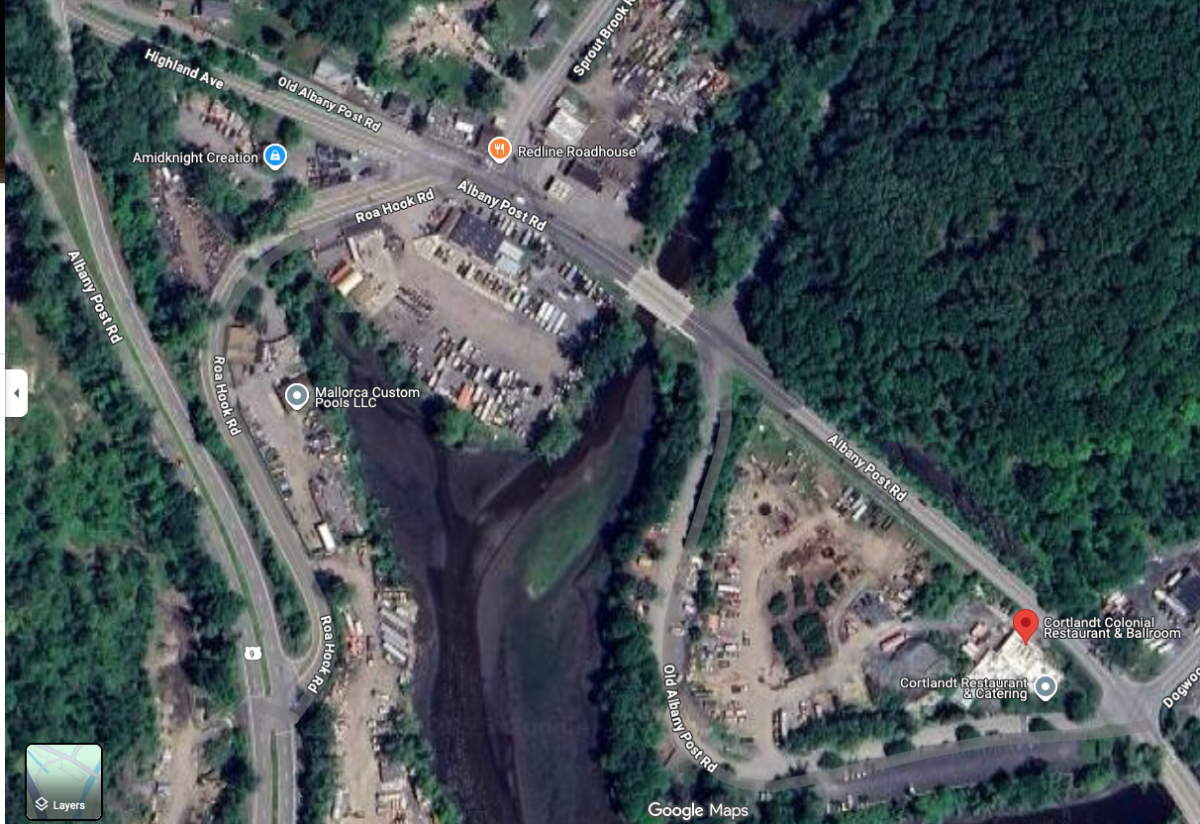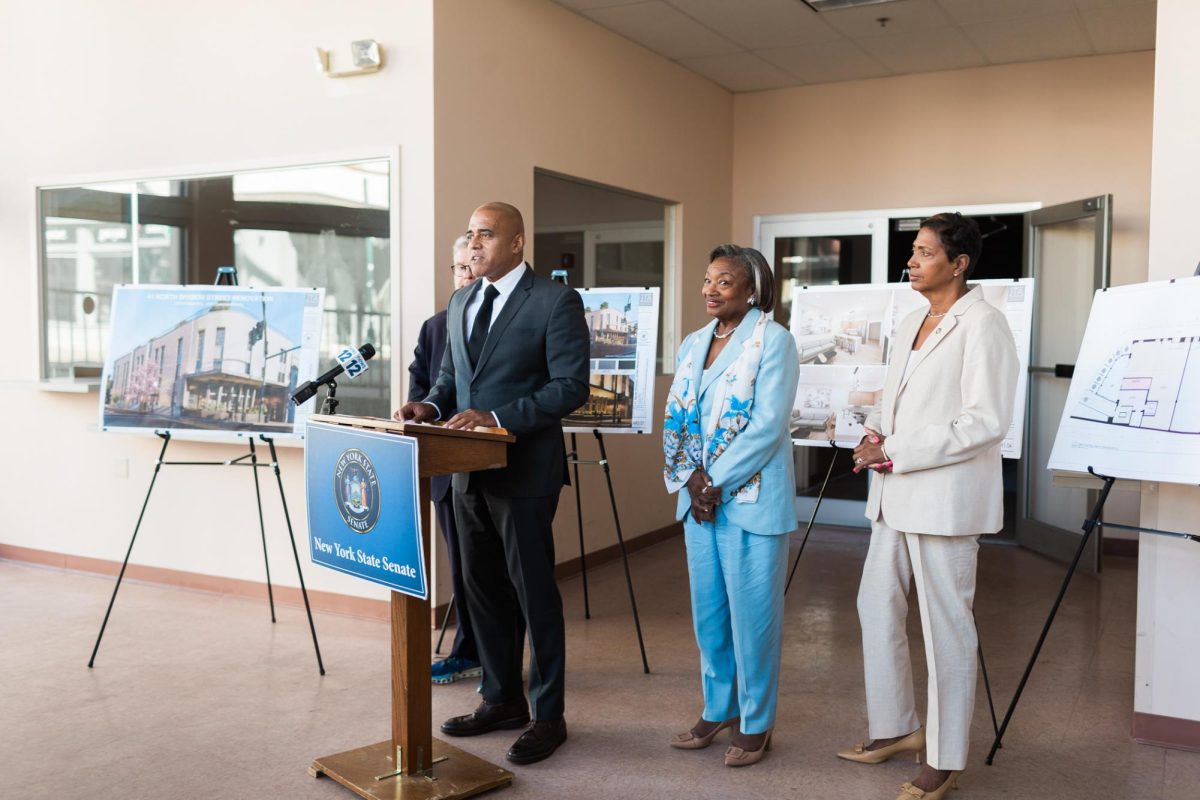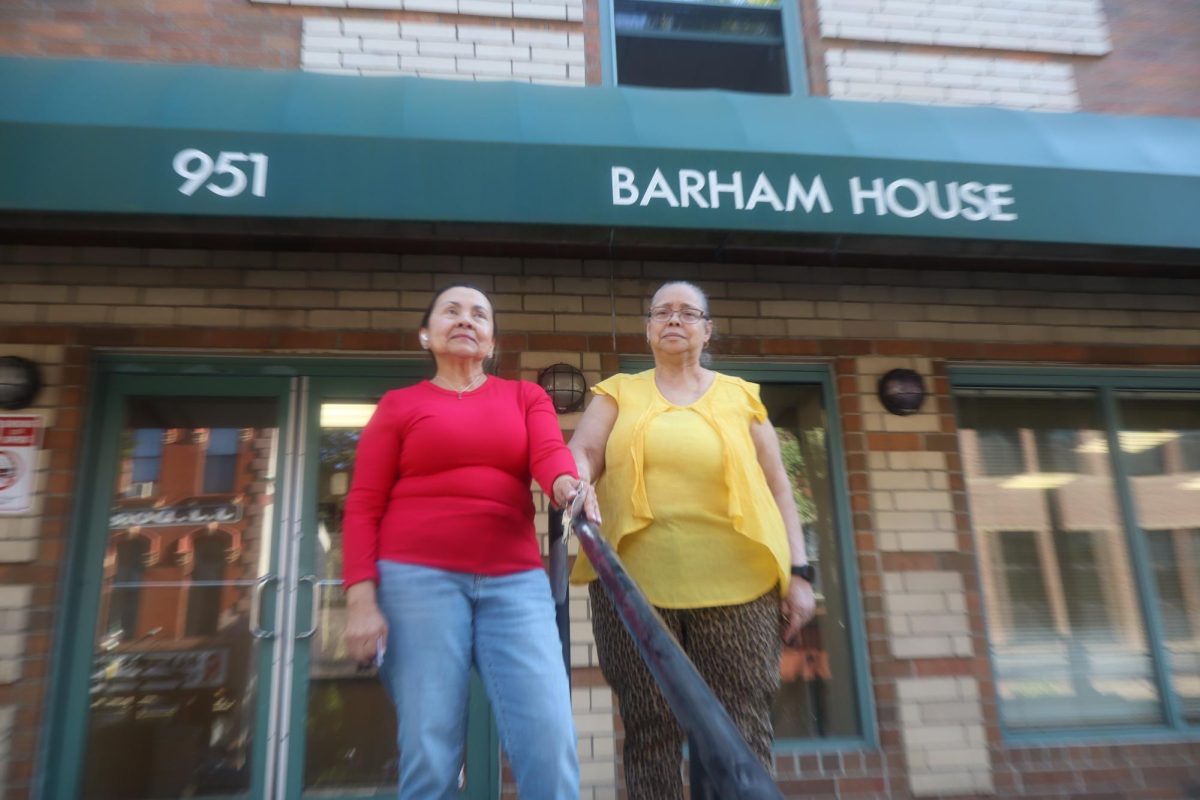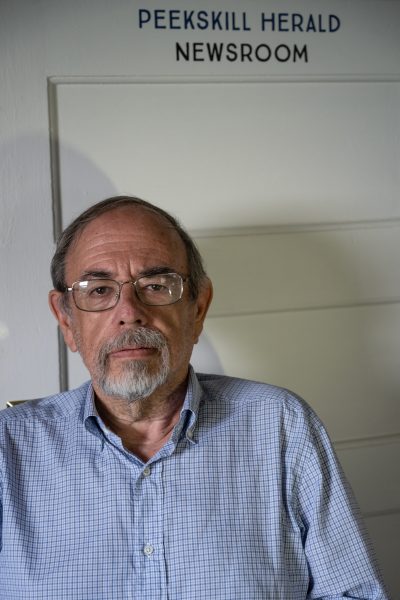Fourteen years ago, the city of Peekskill, led by a different Common Council from today’s, paid a total of nearly $10 million to buy 12 acres of partially contaminated land on Lower South Street.
Today, more than a decade later, that property still sits empty, with the crumbling buildings of the former Karta Company hidden behind a fence at the site. The property generates no tax revenue for Peekskill, and a plan that started six years ago to build affordable housing there remains in limbo.
The city and Karta Corp. battled for over a decade in court over the recycling operation there. Controversial owner Kenny Cartalemi (now deceased) was cited for hundreds of violations by the state Department of Environmental Conservation (DEC) while neighbors complained of excessive noise, dust and odors from the property, where garbage trucks constantly brought recyclables and construction debris.
Cartalemi claimed that Peekskill officials stalled approving his plan to move his operations indoors and that he was owed hundreds of thousands of dollars in unpaid fees for taking the city’s recyclables. The city claimed he owed $650,000 in unpaid taxes and fees.
The state DEC shut down the facility in November 2008 for health and safety violations, but Karta reopened the following May without a DEC permit. The DEC ordered the facility to close again in August 2010 for failure to control waste, litter, dust, odors, leachate and vector-breeding areas at the facility.
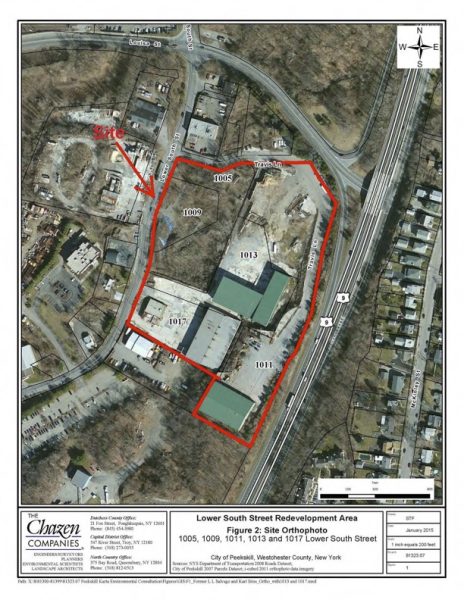
Buying a challenging property for development
According to published reports, the city and Karta settled all the matters when the Common Council voted to issue bonds totaling $9.57 million to buy the three properties at the site, including 1013 and 1017 Lower South St. [Ginsburg Development owned one of the three properties and sold it to the city.]
At a March 14, 2011, meeting, the Common Council adopted a resolution for the land acquisition and took responsibility for environmental cleanup as required through the State Environmental Quality Review Act (SEQRA).
Karta’s environmental assessment appraised the price of cleanup at $40,000, while the city’s environmental assessment found that it would cost $80,000 to bring it in compliance with DEC standards. [No environmental remediation has been done on the site.]
That city estimate of $80,000 in 2011 to clean the property has proven to be woefully inadequate. Then-City Manager Rick Finn acknowledged an oil spill on the site and said other parts of the property would require remediation. “But $80,000 for both properties is considered in today’s standards as fairly minor,” Finn said in a published report at the time.
In September 2012, Peekskill officials began to look for developers who wanted to buy and develop the Karta property. “The Lower South Street redevelopment area is a once in a lifetime investment opportunity for a forward-thinking developer. This is a priority project for the city,” then-Mayor Mary Foster said in a published report. “This development will replace the old recycling facility and junkyard and create a destination center for businesses and stores. It will create employment opportunities for Peekskill residents, bring new shoppers and generate additional tax revenue.”
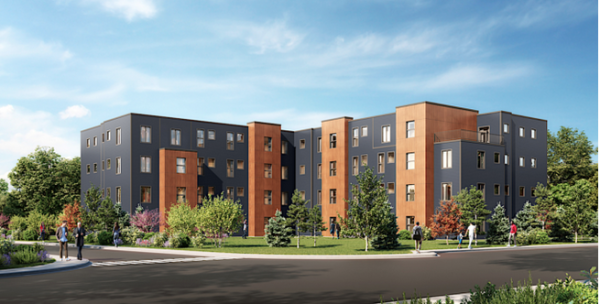
Kearney steps forward
In April 2020, developer Ken Kearney’s Parkview Development & Construction LLC reached a contingent purchase and sale agreement with the city to acquire the former Karta properties at 1009, 1011, 1013 and 1017 Lower South Street.
The final price was set at $3.5 million with $50,000 placed in an escrow account. The deal would not close until Parkview received approvals for tax credits, Westchester County financing and Brownfield Tax Credits in order to pay for remediating the contamination on the site. No final deal has been signed and the city still owns the site.
In the contract, Parkview has the right to terminate the sale within one year of receiving all the financing commitments or if it cannot secure the financing. The city also granted Parkview a PILOT (payment of lieu of taxes) that starts at $400,000 annually and increases over time for the 30-year life of the PILOT.
Kearney’s original plan for 231 affordable units called for a multi-phase approach, with the first phase to include 150 mixed-income apartments in the center of the property. The second phase would feature 81 additional rental units, along the same lines as the 75 loft-style apartments at the much-heralded Lofts on Main.
The southern part of the property would be utilized for commercial purposes, such as office, warehouse or light manufacturing, with 50,000 square feet available. The corner of the property at Louisa Street, which is owned by Peekskill businessman Louie Lanza, is slated to house service or small retail to support the 231 residential units.
Developing a complex project like SOLO (the name given to Kearney’s proposal on Lower South Street) can take years of negotiations with government agencies, financing entities and state and federal environmental officials. At a February 2024 IDA (Industrial Development Agency) board meeting, officials said the estimated cost of the project had risen to a then-projected $120 million and that Kearney was continuing to pursue financing.
At a January 2022 planning commission meeting, a staff report from the city planning department said a Track 4 remediation of the site would cost $4.5 million and a Track 1 remediation would cost $82 million. A Remedial Action Plan has been approved for the site by NYSDEC for brownfield restoration according to a March 2021 letter from the Westchester County Planning Board. [A Track 1 remediation requires all contaminated soil to be removed and replaced].
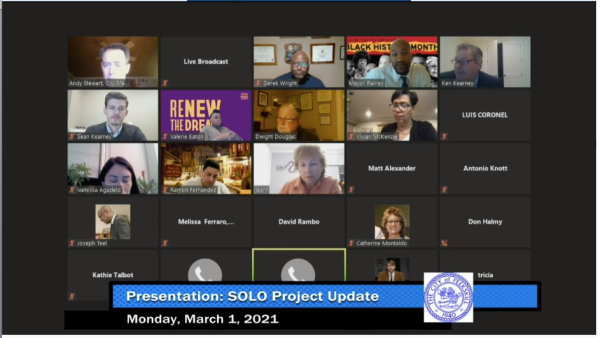
Record of developing challenged properties
Kearny Development and principal Ken Kearney have a solid reputation for developing residential projects throughout New York state. The company has built apartments in Lockport, Poughkeepsie, Somers, Oneonta, Rome, Pawling, Beacon, Liberty, Somers, Hopewell Junction, Red Hook and Yorktown.
Kearney also built Lofts on Main in downtown Peekskill, a $28 million project featuring 75 loft-style apartments and more than 7,200 square feet of ground-floor commercial space. It was one of the first developments to utilize New York State Homes and Community Renewal’s Middle Income Housing Program providing lower-cost financing to help keep rents lower. The building opened in May 2019.
Fifty of the apartments were made available to households with incomes at or below 50 percent of the area median income, with a preference for artists. Six apartments were made available to households with incomes at or below 90% of the area median income and 18 apartments were available to households at or below 100% of the area median income.
State financing for the development included state and federal Low-Income Housing Tax Credits that generated $10.9 million in equity and $5.2 million in subsidy from NY State Homes and Community Renewal. The NY State Energy Research and Development Agency (NYSERSDA) provided $187,500 and the NY State Department of Environmental Conservation provided brownfield tax credits that generated $3.7 million in equity.
In addition the Community Preservation Corporation provided a $15.5 million construction loan and a $6.8 million SONYMA-insured permanent loan (State of New York Mortgage Agency).
Like the proposed SOLO project, Lofts on Main was a Brownfield site. Lofts on Main was a Track 1 cleanup to bring the site to an unrestricted condition, which required the excavation and off-site disposal of all soils exceeding the unrestricted-use soil cleanup objectives (SCOs). This resulted in the removal of approximately 7,500 cubic yards of contaminated soil. Clean fill meeting the unrestricted use SCOs was placed, as necessary, to meet the design grades of the site for the planned development, according to the state DEC.
Another aspect of the SOLO project is a plan to move a city main sewer line off the site and below Lower South Street, as well as a new pump station. According to a January 2024 estimate, that could cost $5.8 million, and Westchester County financing was being sought.
Since he received original approvals from the Peekskill Common Council and the Planning Commission in 2022, Kearney has been granted extensions at three- and six-month intervals. Planning Commission chair Jeff Stern said at the May 2025 meeting that he understood Kearney was still seeking funding and working on some Brownfield issues.
Before the vote to extend the expired approvals again, Board member Gregory Schondelmeier said, “I’m coming up on 2.75 years on the commission. We approved this at my first meeting. I know I’m known as the guy who doesn’t love to just give blanket extensions.” The commission unanimously approved another extension.
Director of Planning Carol Samol told the Peekskill Herald, “We have extended the approvals as we work on infrastructure and planning in the area. The SOLO project supports sewer work that unlocks other development potential on the waterfront.”
IDA executive director Matthew Rudikoff did not return an email requesting comment. Kearney did not return a phone call.




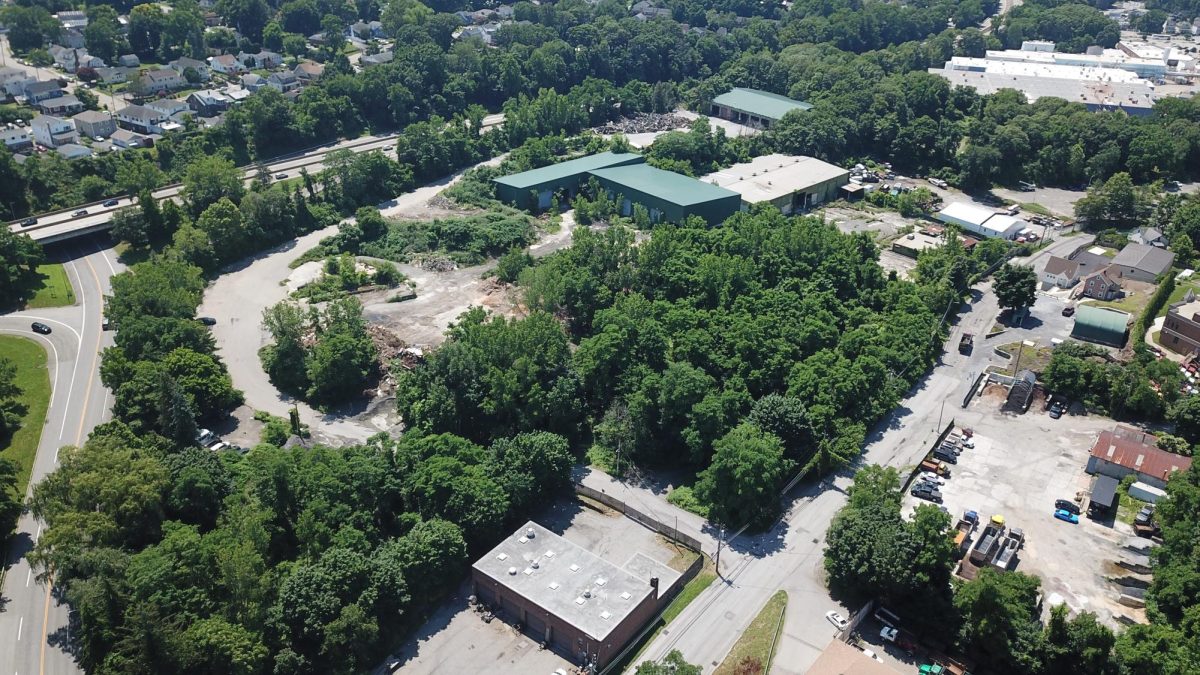

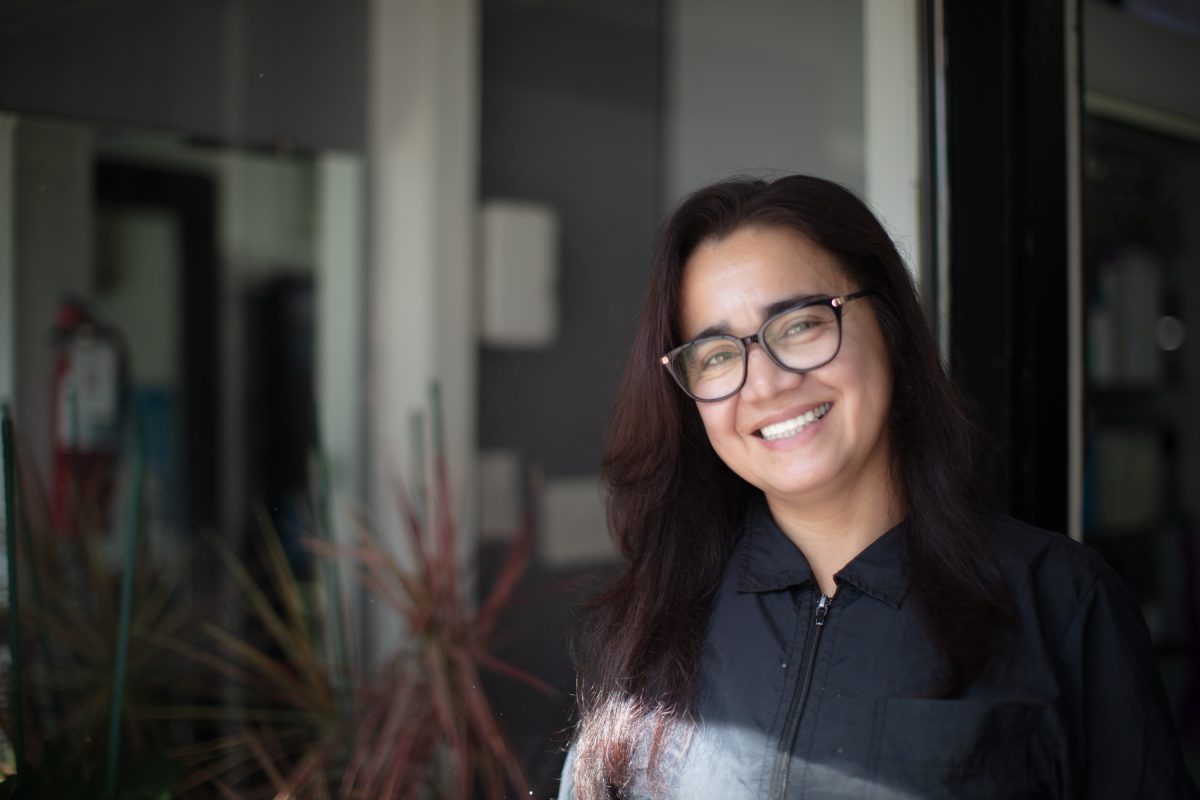
![Esperanza Jimenez of Latin Hair Salon on Park Street. (Deb Liljegren]](https://peekskillherald.com/wp-content/uploads/2025/10/Lead-photo-9-1200x800.jpg)




